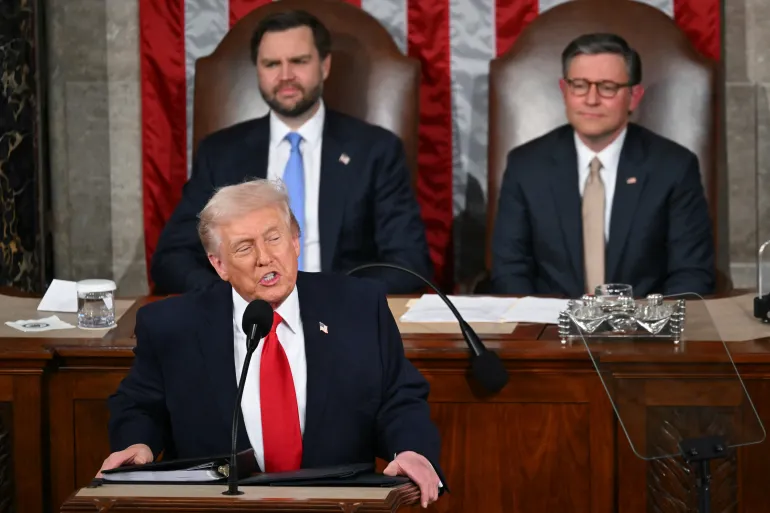American consumers remain deeply pessimistic about the state of the US economy, as confidence levels dropped again in May, reaching one of the lowest points in the history of the University of Michigan’s long-running survey.
According to preliminary data released Friday, the university’s consumer sentiment index fell to 50.8 in May, down from 52.2 in April. This reading is the second-lowest ever recorded, surpassed only by the all-time low of 50 seen in June 2022, when inflation was at a multi-decade high.
The May decline surprised economists, who had expected a modest improvement. Instead, sentiment continued a downward trajectory that has persisted for five consecutive months, with the index now nearly 30% lower than it was at the start of the year.
A major factor contributing to the gloom is concern over trade policy. Tariffs — especially those linked to the US-China trade dispute — were spontaneously mentioned by nearly three-quarters of survey respondents, up from about 60% in April. Many consumers fear that the tariffs will drive prices higher and weaken the labor market.
“Consumers are really worried that labor markets are going to weaken,” said Joanne Hsu, director of the University of Michigan’s Surveys of Consumers. “A growing share reported that their incomes have already been affected.”
Inflation expectations have also risen notably. Respondents now expect prices to increase 7.3% over the next year, up from 6.5% last month — the highest short-term inflation expectation since 1981. Long-term inflation expectations also ticked up, reaching 4.6%, the highest since 1991.
While the survey reflects persistent pessimism, it also partially predates a potentially significant development: On May 12, the US and China announced a 90-day suspension of many tariffs. However, the survey collection ended May 13, meaning consumer reactions to the easing of trade tensions may not be fully reflected in the preliminary results.
Although there were some signs of improvement after the tariff reductions, Hsu noted that they were not strong enough to alter the overall sentiment.
The sentiment data comes at a time when the Federal Reserve is closely monitoring inflation expectations as it evaluates future interest rate decisions. Fed Chair Jerome Powell has acknowledged the University of Michigan’s figures as unusually high compared to market-based inflation measures but said they remain a relevant signal for policymakers.
Meanwhile, political divisions continue to shape consumer views. According to the data, sentiment among Democrats dropped to a record low of 33.9, while Republican sentiment stood at 84.2, its lowest level since President Trump took office but still well above the national average.
Despite recent efforts to ease trade tensions, the effective tariff rate on imports remains significantly higher than pre-2017 levels, keeping upward pressure on consumer prices. For instance, Walmart recently indicated it would increase prices in the coming months in response to tariffs — a move that could further affect household budgets and consumer confidence.
A final reading for May is scheduled to be released on May 30.
CNBC, CNN, and the Associated Press contributed to this report.










The latest news in your social feeds
Subscribe to our social media platforms to stay tuned